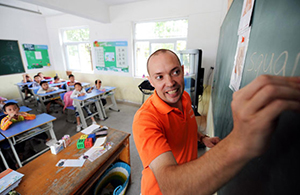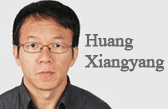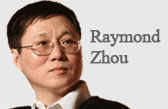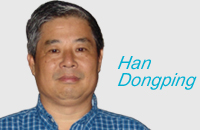The changing ground of human rights
(China Daily) Updated: 2012-12-14 08:04Disinformation in the age of information
Systematic interviews with ordinary people on the healthcare system in China during a recent trip (summer 2012) through the country revealed that all of them believe the situation has improved a lot in the last five to 10 years.
It is thus surprising that in its Annual Report 2010, Amnesty International criticized the Chinese government for the "lack of access to adequate healthcare" in the country. This criticism is voiced not only in the section on China, but also in the general overview of the situation in Asia, where China is singled out with regard to the topic. In Amnesty reports, such general criticism for the lack of access to healthcare is rare - most issues relating to healthcare are discrimination problems or deal with the condition of refugees or prisoners.
The only other countries where general access to healthcare was criticized were Afghanistan, the United States and Zimbabwe. The statistics for Zimbabwe might be problematic and, hence, the data presented in the report cannot tell us much. The criticism of Afghanistan is problematic, too, because it is not easy to provide adequate healthcare in a country experiencing armed insurgency.
The criticism of the US is justified, but that of China is not, because in 2008, a series of articles in The Lancet, a renowned medical journal, lauded China's recent progress in healthcare.
Only serious interdisciplinary research by human rights and medical experts, and competent statisticians can provide the necessary data for evaluating long-term and recent effort made by governments to provide adequate healthcare to their peoples.
Over the past decades, China has been the target of extreme Western criticism, especially in the field of human rights. Expediting solid research in this field and getting the results published in international academic journals is the only way of defending against ideologically motivated disinformation which has flourished in our so called "era of information".
Otto Kolbl is a researcher at the German Department of the Lausanne University, Switzerland.












